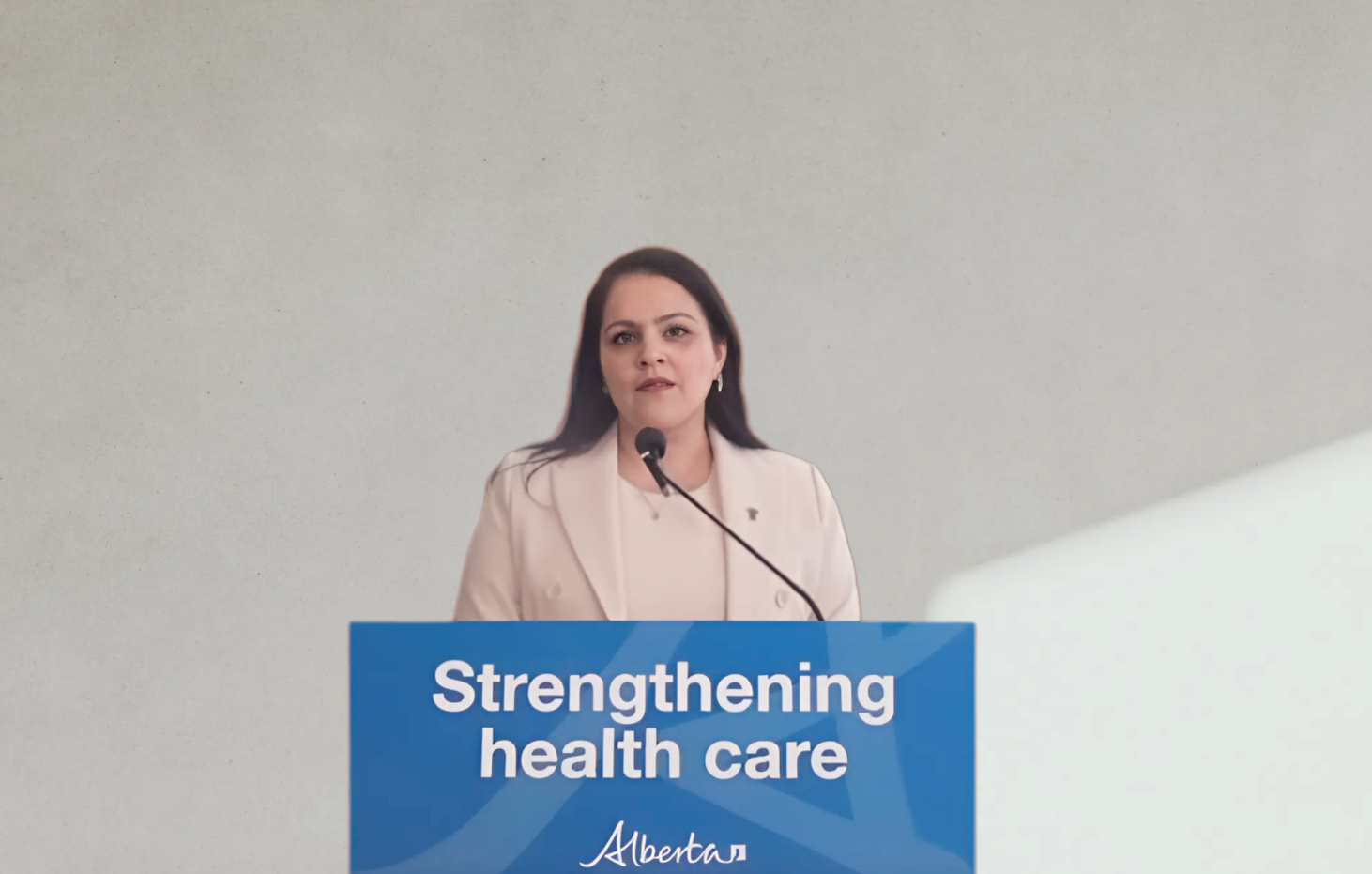In a significant stride towards addressing Alberta’s rural physician shortage, Minister of Advanced Education Rajan Sawhney unveiled plans for new Rural Medical Education Program Training Centres during a special announcement at the University of Lethbridge.
Minister Sawhney acknowledged the existing physician shortage, particularly acute in rural regions, where only 6.6% of Alberta physicians currently practice. This shortage prompted the government’s decisive action, with Minister Sawhney announcing a substantial investment of $224.8 million to establish new training centers.
The genesis of the initiative dates back to 2023 when Advanced Education allocated a $1 million grant to a working group on rural physicians to explore expanding medical training. Today’s announcement marks the culmination of their efforts, with funding allocated to partner institutions, including the University of Alberta, University of Calgary, Northwestern Polytechnic, and the University of Lethbridge.
Under this program, the University of Alberta will collaborate with Northwestern Polytechnic to establish a training center in Grand Prairie, while the University of Calgary will partner with the University of Lethbridge to establish another in Lethbridge. These centers will offer comprehensive academic instruction coupled with hands-on healthcare education, enabling students to learn alongside other health professionals and gain practical experience in rural settings.
Minister Sawhney emphasized the multifaceted approach to addressing rural healthcare challenges. In addition to expanding medical education opportunities, the government will increase residency positions for international medical graduates, ensuring a steady influx of qualified physicians. The investment includes $43.2 million for capital funding and $55.6 million for operating expenses, with an additional $126 million from Alberta Health to support overall rural physician expansion.
Dr. Ed Macaulay, President of the University of Calgary, echoed Minister Sawhney’s sentiments, highlighting the program’s potential to meet the growing healthcare needs of Albertans. He emphasized the importance of local training in retaining physicians within rural communities, citing statistics that indicate 75% of students practice close to where they train.
Dr. Brenda Hemmelgarn, Dean for the Faculty of Medicine and Dentistry at the University of Alberta, discussed the implications of the program for medical education. She highlighted the opportunity to offer integrated interdisciplinary care and emphasized the commitment to recruiting and retaining local talent.
In the question-and-answer segment, Dr. Hemmelgarn clarified that the program would encompass both hospital-based and community-based training, with an emphasis on local placements for residency programs. She also addressed concerns about residency seat vacancies, citing ongoing efforts to fill positions and the program’s potential to attract future physicians.
With collaborative partnerships and strategic investments, the government aims to build a robust healthcare workforce capable of meeting the evolving needs of rural communities for generations to come.

